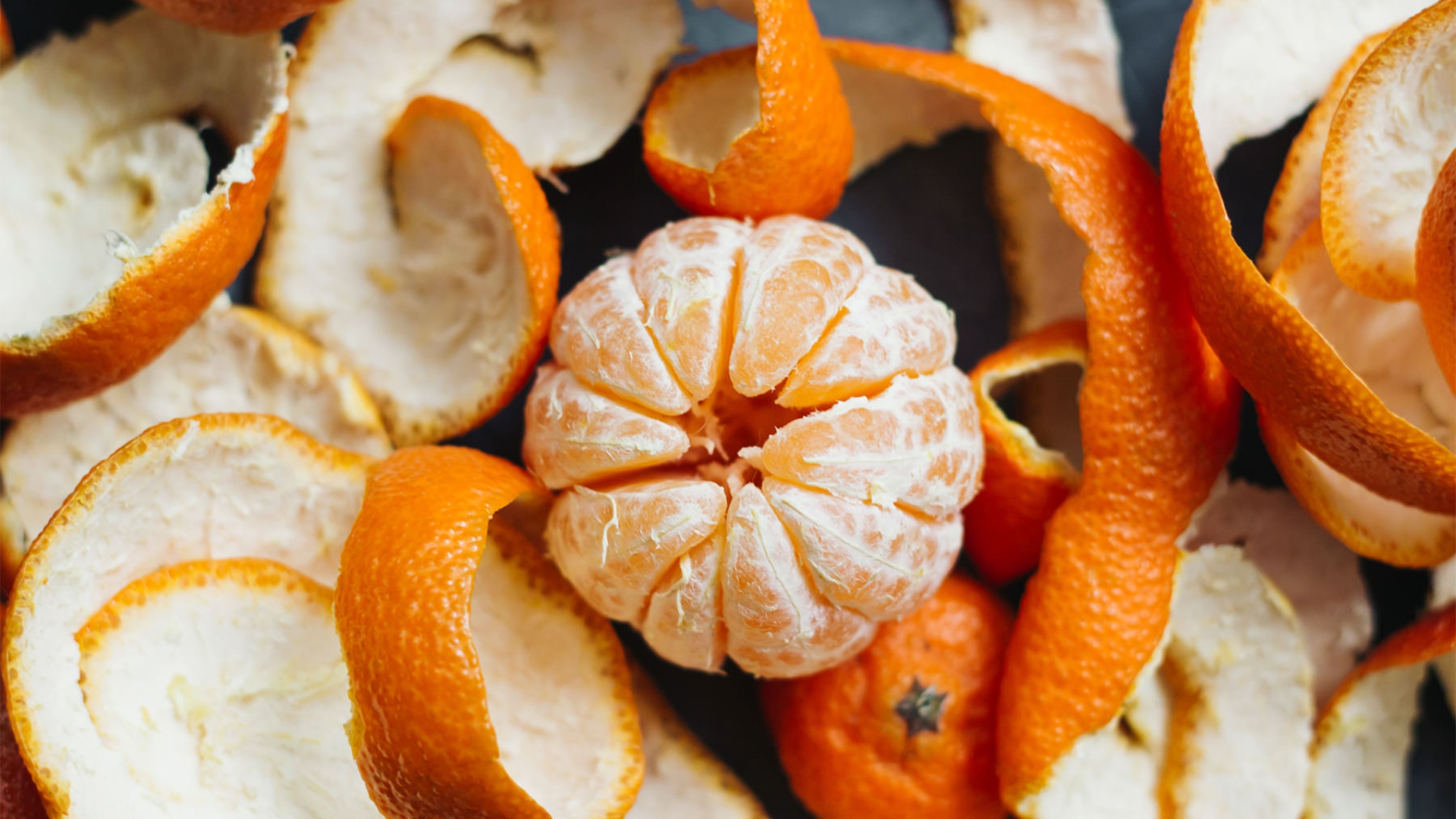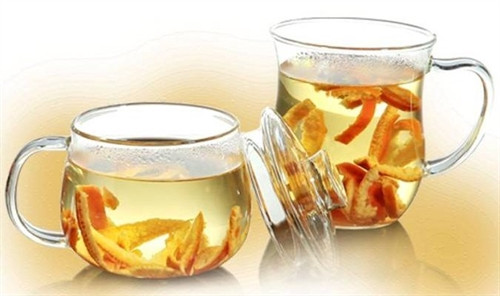🟠 Mandarin Peel Contains Many Times More Antioxidants Than the Juice!
While most people throw away the peel, mandarin peel (also known as chenpi in traditional Chinese medicine) is a hidden powerhouse of health. Studies show that the peel contains up to 20 times more antioxidants than the fruit’s juice.
When dried and brewed as tea, mandarin peel offers natural healing properties that support multiple systems in the body.

🍵 13 Health Problems Mandarin Peel Tea Helps Solve
1. Improves Digestion
Mandarin peel contains essential oils that stimulate digestive enzymes, reducing bloating, gas, and indigestion. It’s often used in Eastern medicine to support weak stomachs.
2. Relieves Cough and Phlegm
Its anti-inflammatory and expectorant properties help loosen mucus, making it ideal for people suffering from cough, bronchitis, or asthma.
3. Boosts Liver Function
It supports detoxification and bile secretion, helping the liver process fats and eliminate toxins more effectively.
4. Lowers Blood Sugar
Flavonoids in the peel may help regulate insulin levels and reduce blood sugar spikes, especially helpful for people with type 2 diabetes or prediabetes.
5. Reduces Cholesterol
Compounds like hesperidin and naringenin in the peel are known to lower LDL (bad cholesterol) and increase HDL (good cholesterol).
6. Fights Inflammation
Mandarin peel is packed with anti-inflammatory agents, which may help reduce pain, swelling, and risk of chronic diseases like arthritis or heart disease.
7. Strengthens the Immune System
The high levels of vitamin C and antioxidants support the immune system, helping the body fight off colds and infections.
8. Aids in Weight Loss
Drinking mandarin peel tea can boost metabolism, reduce cravings, and support fat breakdown thanks to its thermogenic effects.
9. Combats Bloating and Water Retention
Its mild diuretic properties help flush excess water and sodium, relieving puffiness and bloating.
10. Improves Skin Health
Its antioxidant content helps fight free radicals, reducing signs of aging like wrinkles, dullness, and acne.
11. Supports Heart Health
By lowering cholesterol and inflammation, mandarin peel tea improves circulation and reduces the risk of heart disease.
12. Helps Relieve Nausea
The scent and properties of mandarin peel are known to soothe the stomach and reduce nausea, especially in motion sickness or morning sickness.
13. Reduces Stress and Anxiety
The natural aroma of mandarin peel has calming effects on the nervous system. A cup of the tea can help relax the mind and improve sleep.
✅ How to Prepare Mandarin Peel Tea Properly
🌿 Ingredients:
- 1–2 pieces of dried mandarin peel (or fresh if not available)
- 300–500 ml of hot water
- Optional: honey, cinnamon, or ginger for added flavor

🍵 Instructions:
- If using fresh peel: Wash the peel thoroughly with salt water to remove pesticides and wax. Let it dry naturally in the sun or in a warm, dry place for 1–3 days.
- Place the peel into a cup or teapot.
- Pour in boiling water (95–100°C).
- Steep for 10–15 minutes.
- Strain and drink warm.
✅ You can reuse the same peel for 2–3 infusions in one day.
⏰ Best Time to Drink Mandarin Peel Tea
- Morning (after breakfast): Boosts metabolism and aids digestion throughout the day.
- Afternoon (2–4 PM): Supports liver detox and reduces fatigue.
- Evening (before bed, 1 hour after dinner): Helps digestion and calms the mind for better sleep.
⚠️ Avoid drinking on an empty stomach first thing in the morning, as it may cause slight stomach discomfort for sensitive individuals.
⚠️ Precautions:
- Not recommended in excess (more than 2–3 cups a day) for people with very dry constitutions (according to Traditional Chinese Medicine).
- Consult your doctor if you’re pregnant, breastfeeding, or on medication.
💡 Pro Tip:
To preserve dried mandarin peel, store it in an airtight glass jar in a cool, dry place. The longer it’s aged (1+ year), the more potent it becomes!